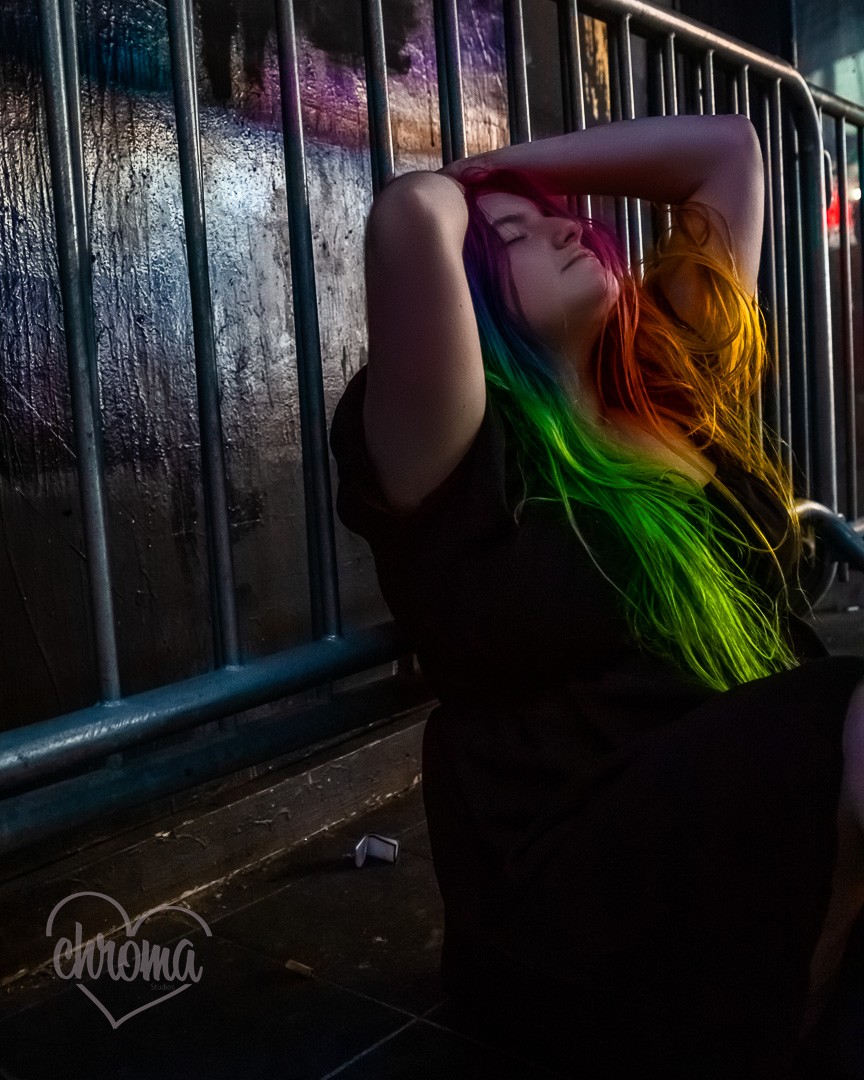We were lucky to catch up with Alexandra O’Sullivan recently and have shared our conversation below.
Alexandra, so great to have you on the platform and excited to have you share your wisdom with our community today. Communication skills often play a powerful role in our ability to be effective and so we’d love to hear about how you developed your communication skills.
I am a photographer and on photo shoots I need to pose people. One of the most important parts of that is communicating effectively. Have you ever tried to tell someone to put their body in a very specific position? It’s not that simple. That being said, in order to know my left from my right I have to put my fingers in an L in front of me. I remember one time when I was just starting out I was trying to get someone to drape their arm above their head and rested against a metal thing that was behind them. While I was trying to communicate that to them, they managed to put their arm touching literally everything else around them except what I wanted them to touch. What I wrote seems really easy to understand, and that’s because now we are years in the future and I have developed the ability to communicate posing fairly simply. When it comes to how I develop that ability, honestly it was a lot of trial and error. There were a lot of times where I told someone to do some thing and they did something completely opposite. The way my brain was seeing things is not the same as everybody else’s brains. Overtime, I figured out the best way to show someone how to pose is to do the pose yourself and have them mimic it.
Thanks, so before we move on maybe you can share a bit more about yourself?
I run a photography company, Chroma Studios, in New York City. I specialize in portraits and events. I absolutely love my job. I think the most exciting part of being a photographer is seeing the look on peoples faces when they see themselves in my photos. Seeing someone fall in love with themselves is the most thrilling thing anyone can experience. I’m saying that as someone who’s ziplined across mountain peaks. It’s absolutely beautiful. A quote from a client reads “She captured my body in a whole new light” and that is something I am indescribably proud of. Making people feel good about themselves is power; the type of power that brings wind on a blistering day. There’s something uniquely special about seeing someone look at me and my camera with distressed as I turned it around to them and everything on their face changing when they see the photo displayed on the screen. Once I was photographing a party and I took a photo of a woman with her son. I could tell she was a little bit apprehensive of a photographer being there and taking her photo, so I showed her the image. She told me that she didn’t really like photos of herself, but after seeing the image she immediately called her husband over for a family photo. It was not the first nor the last time something like that happened to me and those moments are why I do what I do.
Looking back, what do you think were the three qualities, skills, or areas of knowledge that were most impactful in your journey? What advice do you have for folks who are early in their journey in terms of how they can best develop or improve on these?
I think the most impactful thing for me was knowing what to do on both sides of the camera. You may think that if you want to go into photography, you don’t need to know how to be a model. That couldn’t be farther from the truth. Guiding the subject is a crucial aspect of a photographer’s role. Without knowing how to be a model, you lack the ability to guide others effectively. It’s essential to differentiate between knowing how to be a model and actually being one. I’m not suggesting that photographers need to match the skill level of professional models, but grasping the basics is vital. You need to know the little things that people have to do to make their posing seem natural, and to avoid bad angles for every specific feature. For instance, to prevent a double chin from showing in a front-facing photo, it’s important to prompt the subject to push their head slightly forward and angle their chin downward.
To close, maybe we can chat about your parents and what they did that was particularly impactful for you?
Honestly, I think the most impactful thing my parents ever did for me was not buying me my camera. This was in high school. At the time I was upset, I wanted to start photography straight away, so having to wait to save up for my camera was very annoying. However, having to wait to get my actual camera meant that I had more time to learn editing techniques. It allowed me to grasp the nuances of composition and related aspects before delving into the complexities of camera settings. It meant that when I got my camera I didn’t have to flounder around on auto; instead, I had a foundational understanding of photography, enabling me to explore manual settings confidently. It forced me to prove how much I wanted my camera. I think if my parents had bought it for me I would not be in the position I am today, I might have abandoned photography years ago. There’s something inherently confidence-boosting about holding my camera. Before I got my camera I had to use my phone, my phone does not have the same effect. I had to be okay with taking photography seriously and genuinely trying on my phone. The capabilities of a phone pale in comparison to a dedicated camera. I admit feeling somewhat awkward attempting photography with a phone. However, even with my actual camera, there have been numerous instances where my confidence wavered, and I felt awkward. Yet, confronting those feelings before even obtaining the camera propelled me significantly ahead. I recall being part of a street photography course at university, where the professor emphasized avoiding constant shots of people’s backsides. When embarking on street photography, capturing people’s faces can be intimidating, as they are aware of being photographed. This challenge didn’t affect me in the class, as I had already been practicing photography for a considerable time, including on my phone. Transitioning to a camera made capturing someone’s face much more comfortable. While using your phone might give off a stalker vibe, having a camera in hand transforms you into the image of a photographer.
Contact Info:
- Website: https://www.chroma-s.com/
- Instagram: https://www.instagram.com/
- Facebook: https://www.facebook.com/profile.php?id=100083144711494
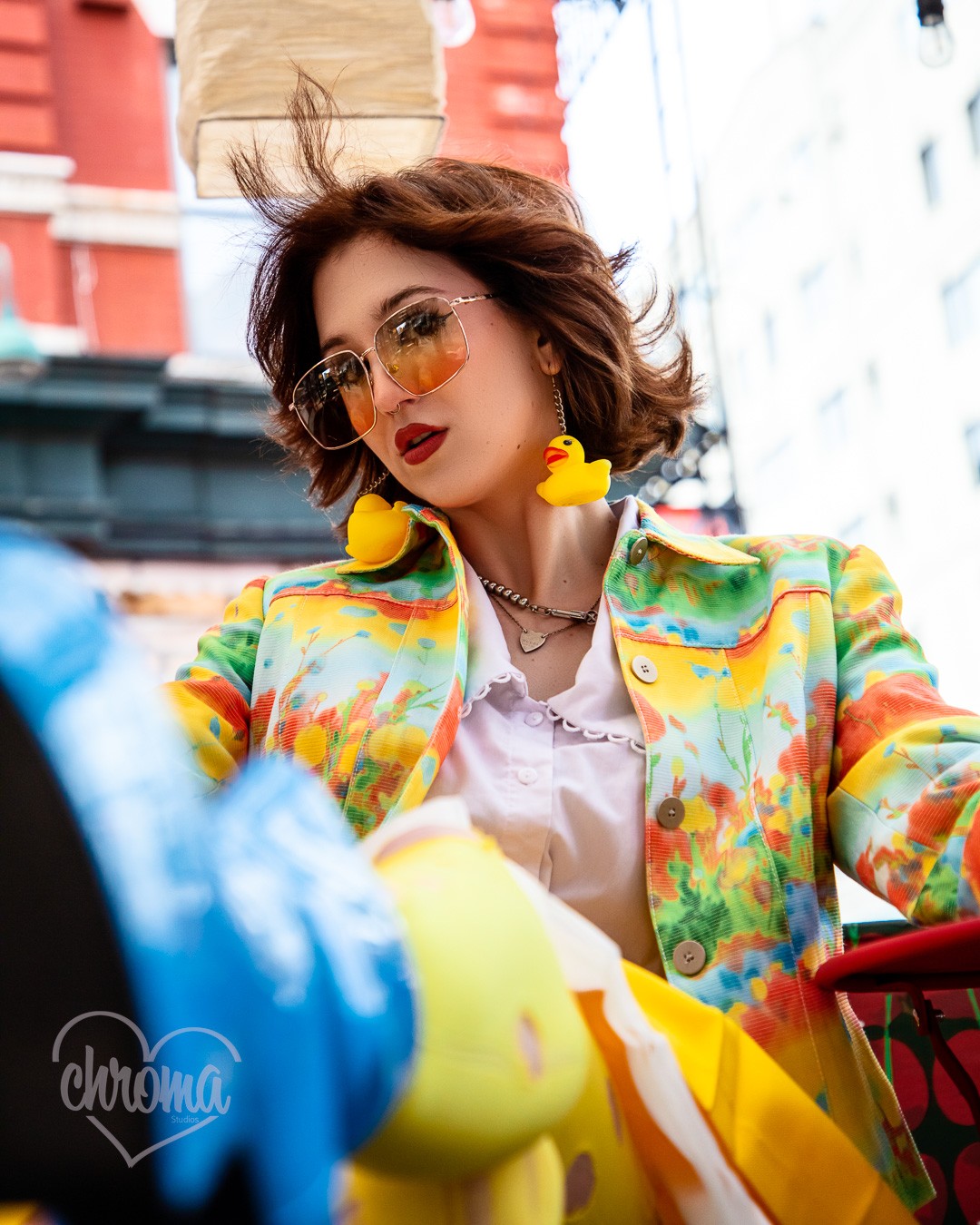
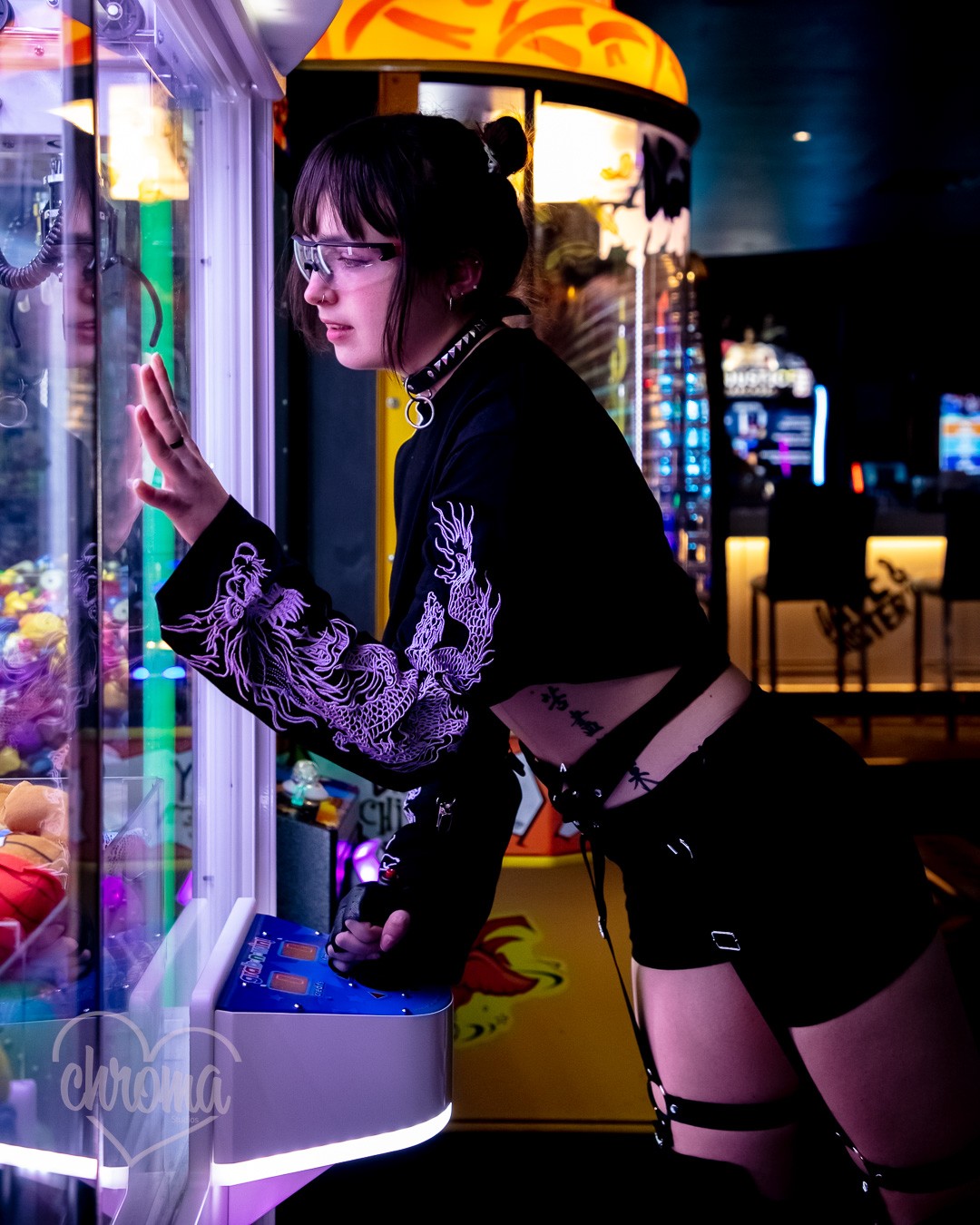
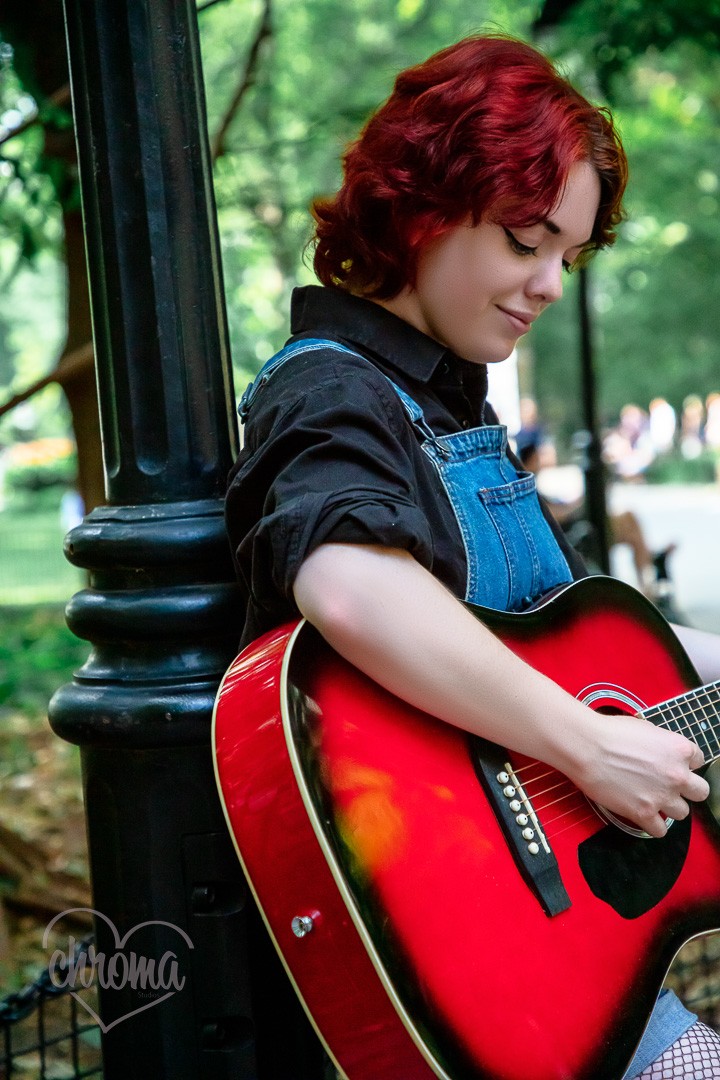
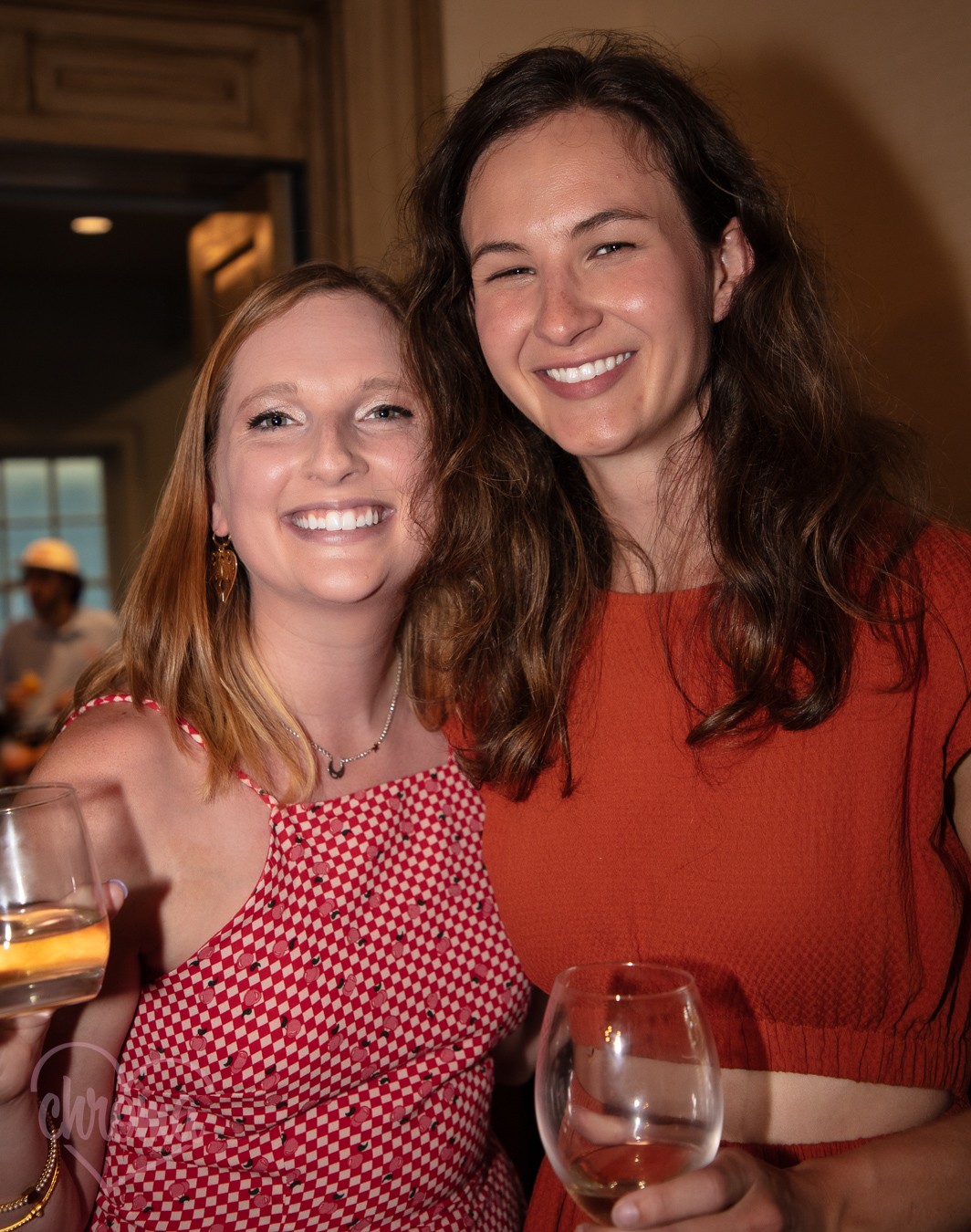
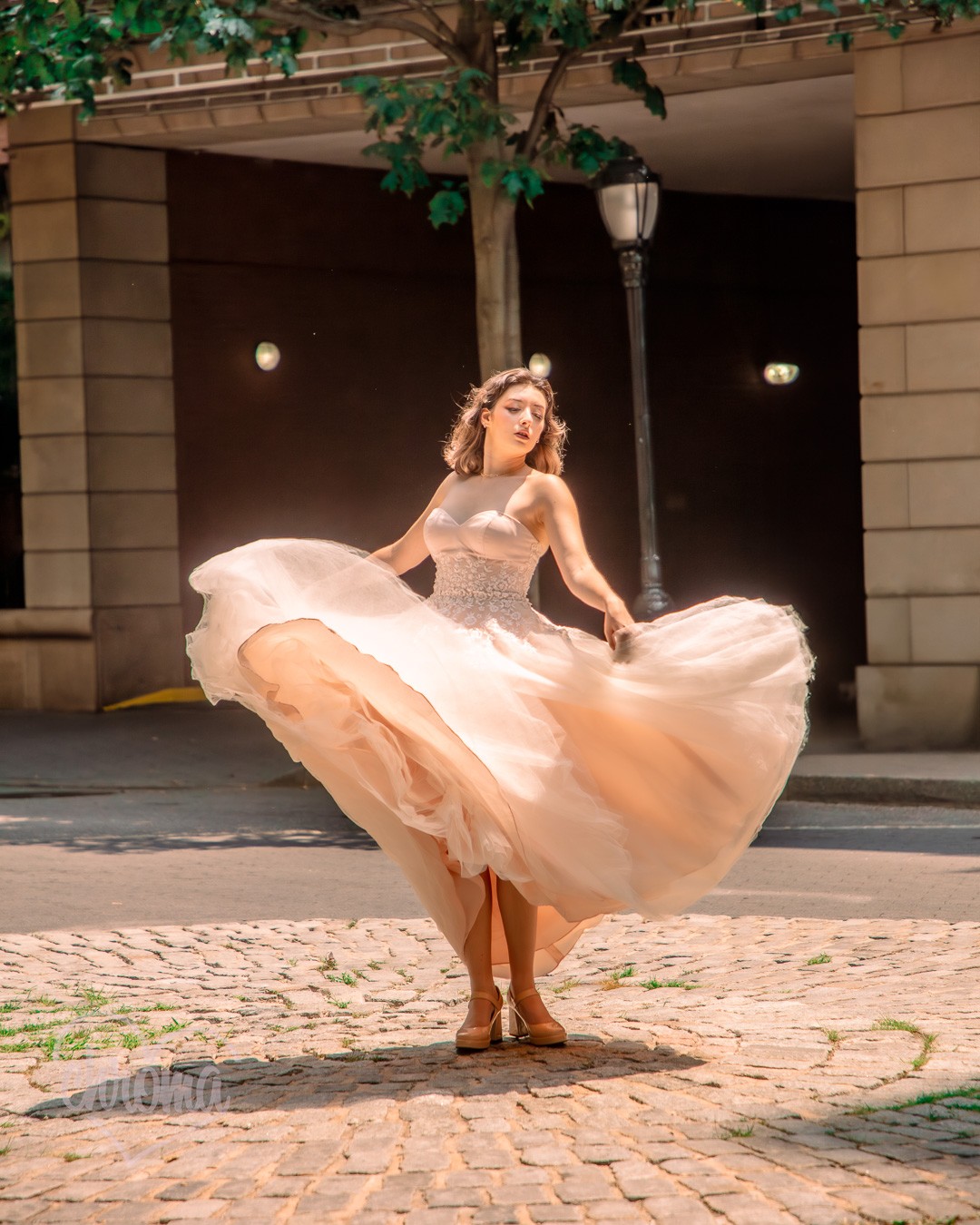
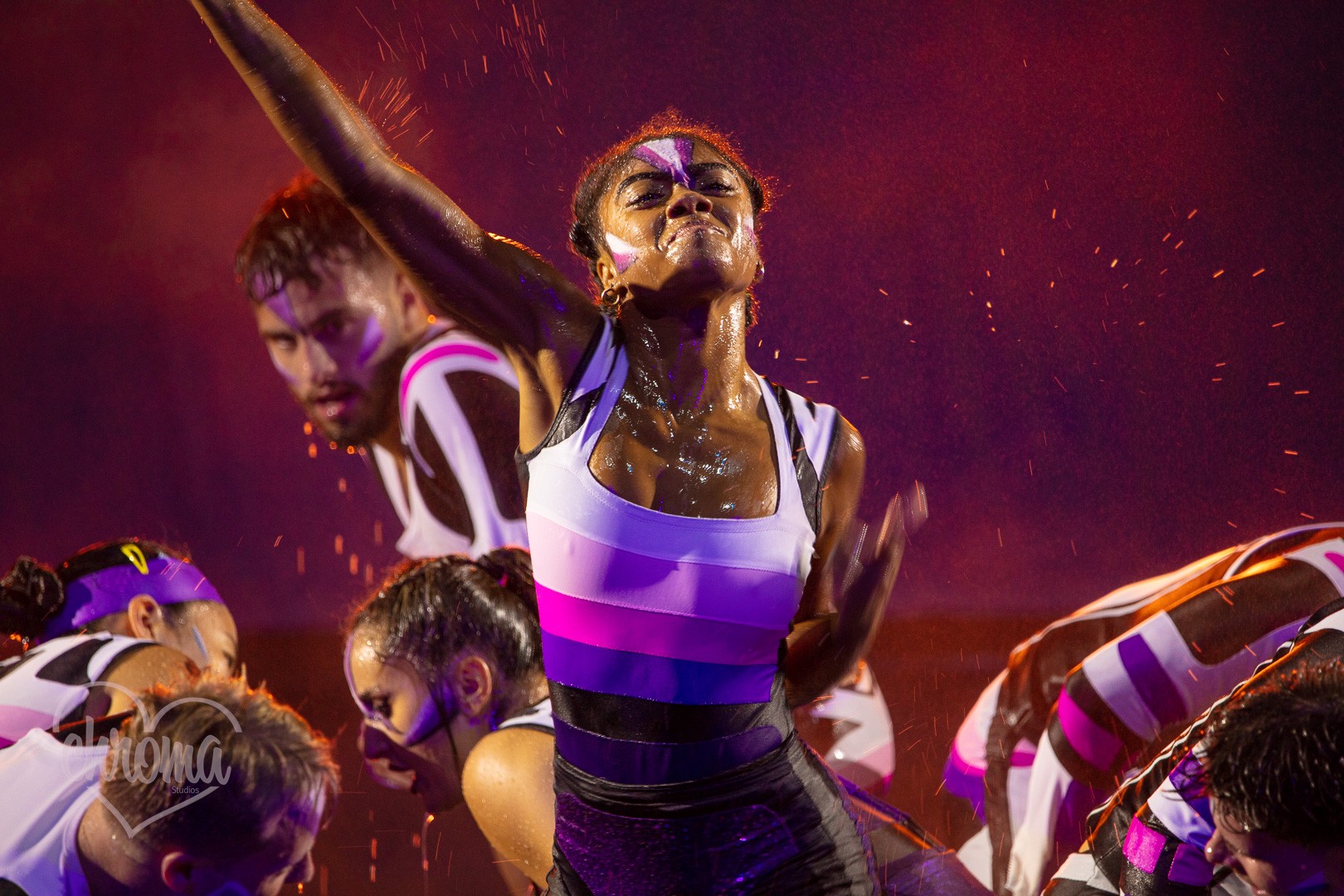
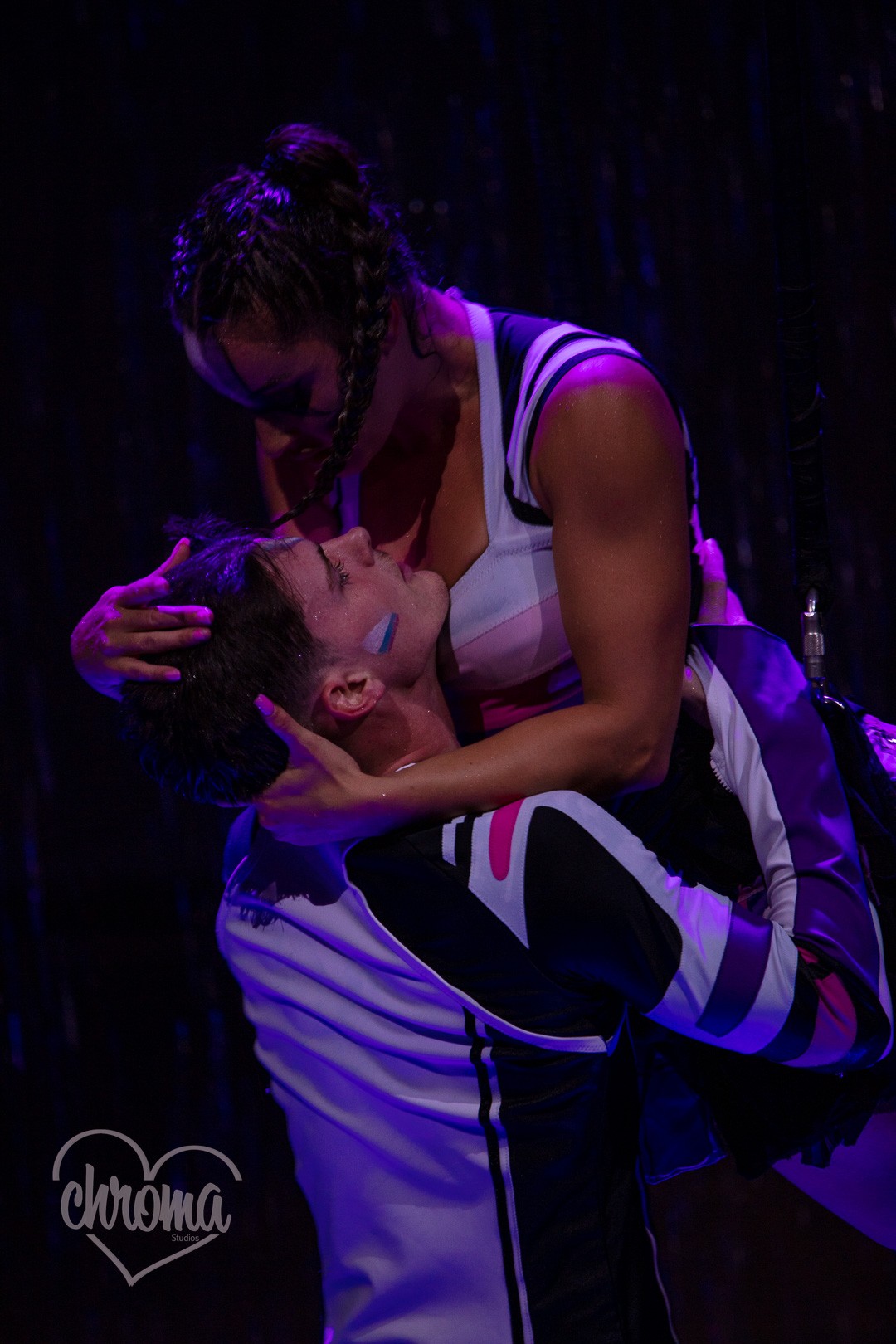
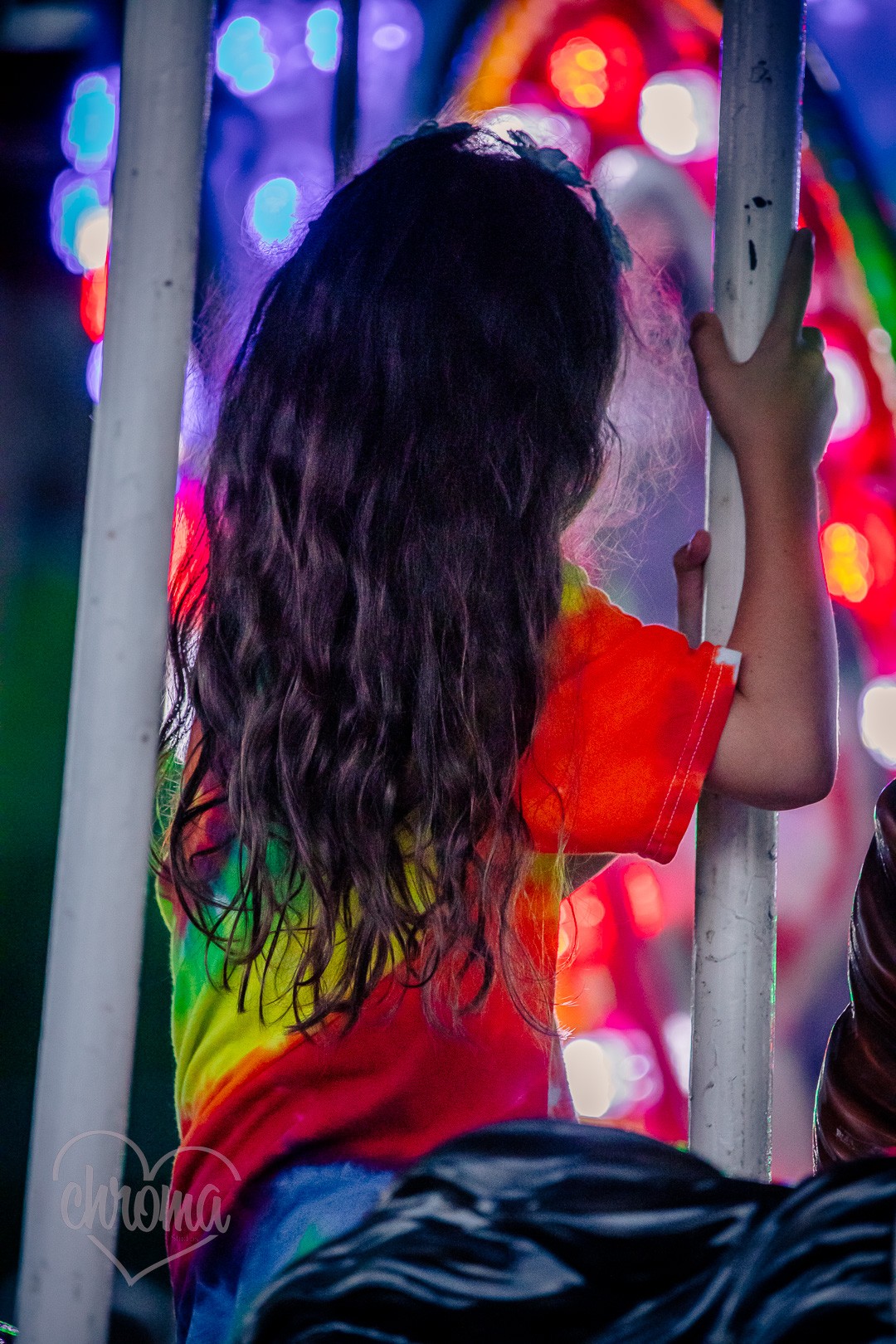
Image Credits
All images taken by Chroma Studios (me)

